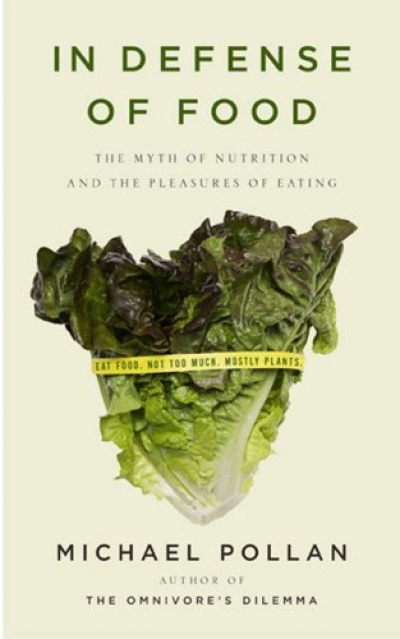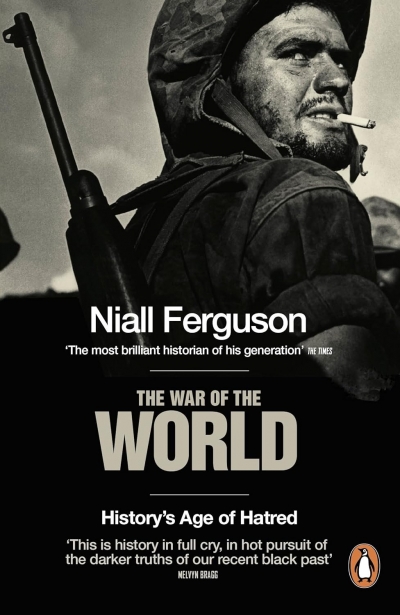Allen Lane
In Defence of Food: The myth of nutrition and the pleasures of eating by Michael Pollan
by Patrick Allington •
Chasing The Flame: Sergio Vieira De Mello and the fight to save the world by Samantha Power
by Nicholas Brown •
The Bin Ladens: The story of a family and its fortune by Steve Coll
by Peter Rodgers •
Rivals by Bill Emmott & The New Asian Hemisphere by Kishore Mahbubani
by Nick Bisley •
The Three Trillion Dollar War: The true cost of the Iraq Conflict by Joseph Stiglitz and Linda Bilmes
by Hugh White •
The Age of Turbulence: Adventures in a new world by Alan Greenspan
by Steve Christie •
The Israel Lobby and US Foreign Policy by John J. Mearsheimer and Stephen M Walt
by Peter Rodgers •
The War of the World: History’s age of hatred by Niall Ferguson
by Geoffrey Blainey •
Mussolini’s Italy: Life under the dictatorship 1915–1945 by Richard Bosworth
by Judith Keene •










